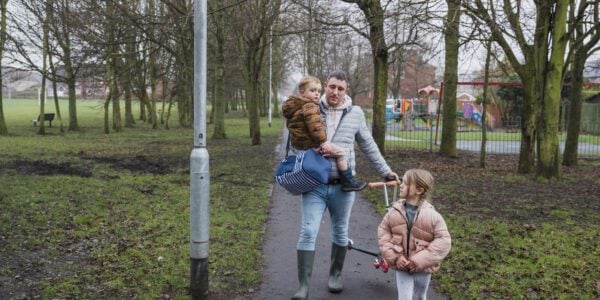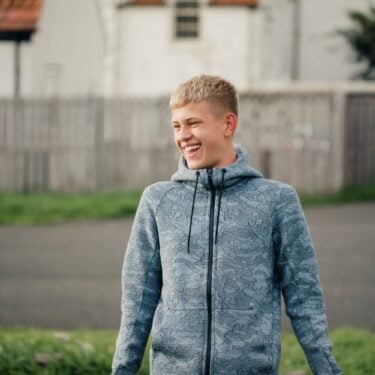
25/10/18
2 min read
At any one time, there are more than four million children living in separated families in the UK.
Last year, we reported that a lack of data on these separated families is hindering effective policy-making. A new report published by the Nuffield Foundation today adds to the evidence base on how to improve the data collected on family separation.
Improved survey data on separated families, particularly on non-resident parents, has the potential to inform and improve decision making on issues such as child support, welfare benefits, and housing. Last year we published a report, Understanding the lives of separating and separated families in the UK, which concluded that a number of the existing longitudinal surveys, including Understanding Society (the UK Household Longitudinal Study), could be enhanced to address some of the evidence gaps.
In light of this, Caroline Bryson and Stephen McKay have carried out an experimental study which tested methodologies with the potential to collect data directly from non-resident parents (rather than relying on resident parent reports) and to collect data on the reasons why families separate.
First, the study team devised a new question approach aimed at identifying both a larger and a more representative sample of non-resident parents than achieved previously in UK surveys. The team identified the potential to improve the survey representation of nonresident parents by including questions on fertility, adoption, and step-parenting histories in conjunction with traditional questions about children living outside the household. As a result, the Understanding Society team is now undertaking further work comparing the two approaches using the larger sample available in the main Panel.
Second, the study focused on the reasons for separation – and who instigates it – with a view to future research on how this affects post-separation trajectories and outcomes. Having demonstrated the feasibility of asking separated couples about the reasons for separation, the study team recommend additional cognitive testing to improve the questions and the quality of the data collected.
The non-resident parent experiment is written up in more detail in a CASE Working Paper which is also published today.
Mark Franks, Director of Welfare at the Nuffield Foundation said:
“Understanding the social and economic factors that affect people’s chances in life is central to the Foundation’s mission to advance social well-being. We hope that this study – with its practical approach to enabling greater understanding of increasingly diverse family types – will ultimately help improve the lives of separating and separated families, but we recognise that further data developments are still needed. We remain committed to helping facilitate the enhancement of relevant longitudinal studies and research.”
Related


































